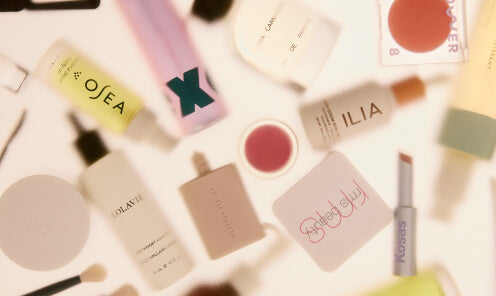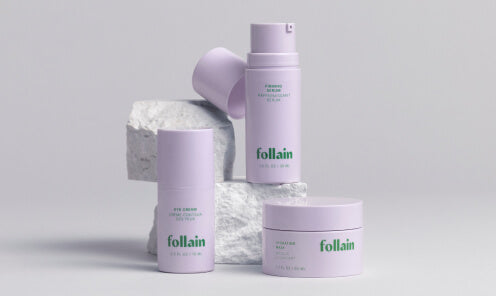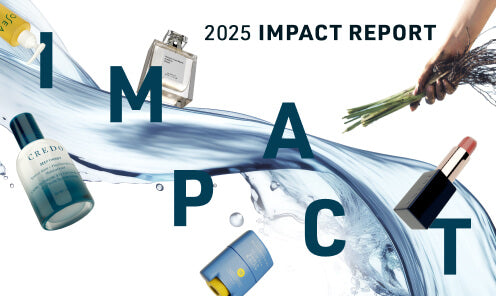Credo & Retinoids
Credo & Retinoids
By now you’ve heard of retinoids and the wonderful things they may do for your skin (think reducing the appearance of wrinkles and photo aging). But you might have heard they’re toxic too. Let’s dive into this, shall we?
“Retinoids" are vitamin A (known as retinol) and the compounds derived from vitamin A. In the skin, retinol is converted to retinaldehyde (RAL) and then to retinoic acid (RA). According to the Linus Pauling Institute, “RA modulates gene expression and influences cellular processes in both the epidermis and dermis, thereby exerting potent effects on skin health.”
What does this mean for your skin? The good news is that topical retinoids and creams are effective at reducing fine lines and wrinkles. The potentially not-so-good news? A very common side effect is "retinoid dermatitis," which is dry, red, and/or irritated skin. And, per EWG, data from an FDA study indicates that retinoid ingredients may speed the development of skin tumors and lesions on sun-exposed skin. For this reason, EWG specifically warns against using retinoid in SPF products. But in night creams, or products not used when you’re catching some rays? Should be fine. Another good source for cosmetics safety, the EU commission on cosmetic safety, advises the skin care companies use it at .3% or below.
At Credo, we know offering products that provide results is really important. But they need to be clean too—as safe and sustainable as possible. We’re already leading the way with the Credo Clean Standard, so our brand partners’ retinoid ingredients (and other ingredients) are among the cleanest available anywhere. If you decide to use a skin care product with retinoids, consider the following:
1) Look for retinoids that are lower on the ingredient list (which indicates a smaller amount used).
2) Stop using the product if your skin gets red or irritated,
3) Seek natural, plant-based retinoids sources like rosehip seed, carrot seed or Bakuchiol, which may not pack quite the punch in terms of irritation—or efficacy, and
4) Avoid the sun while using these products.














